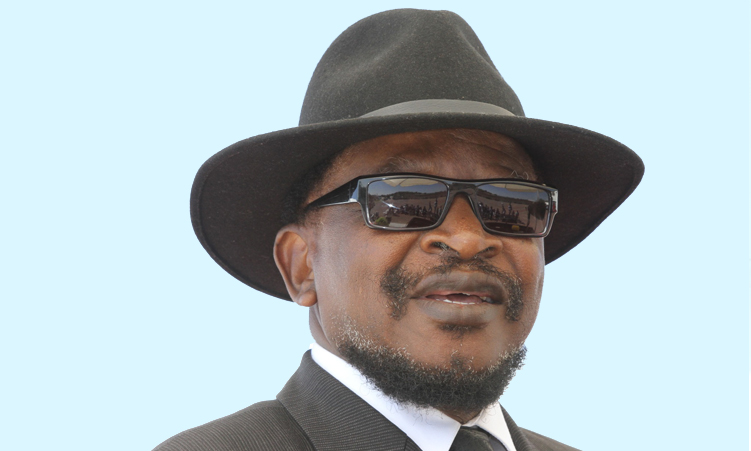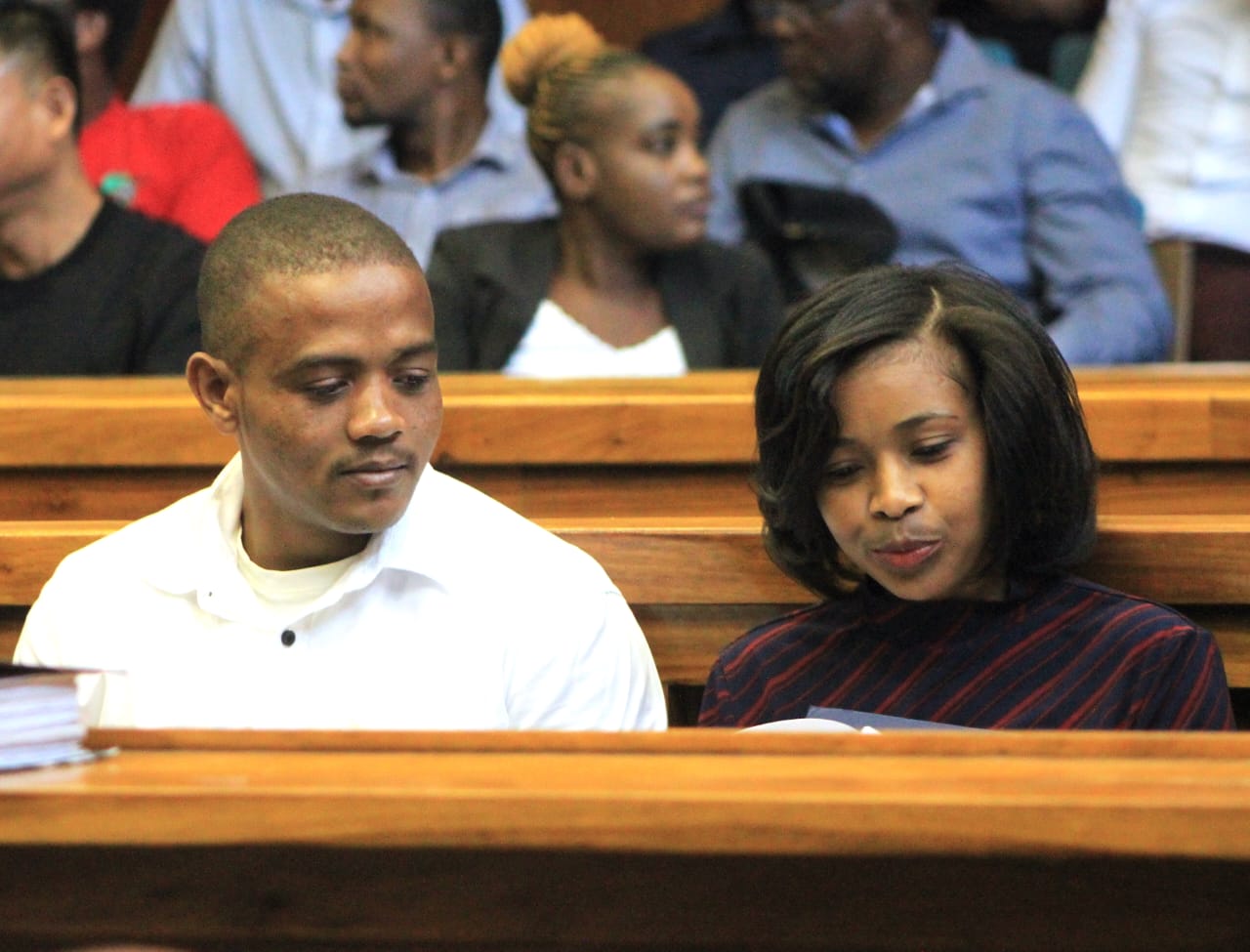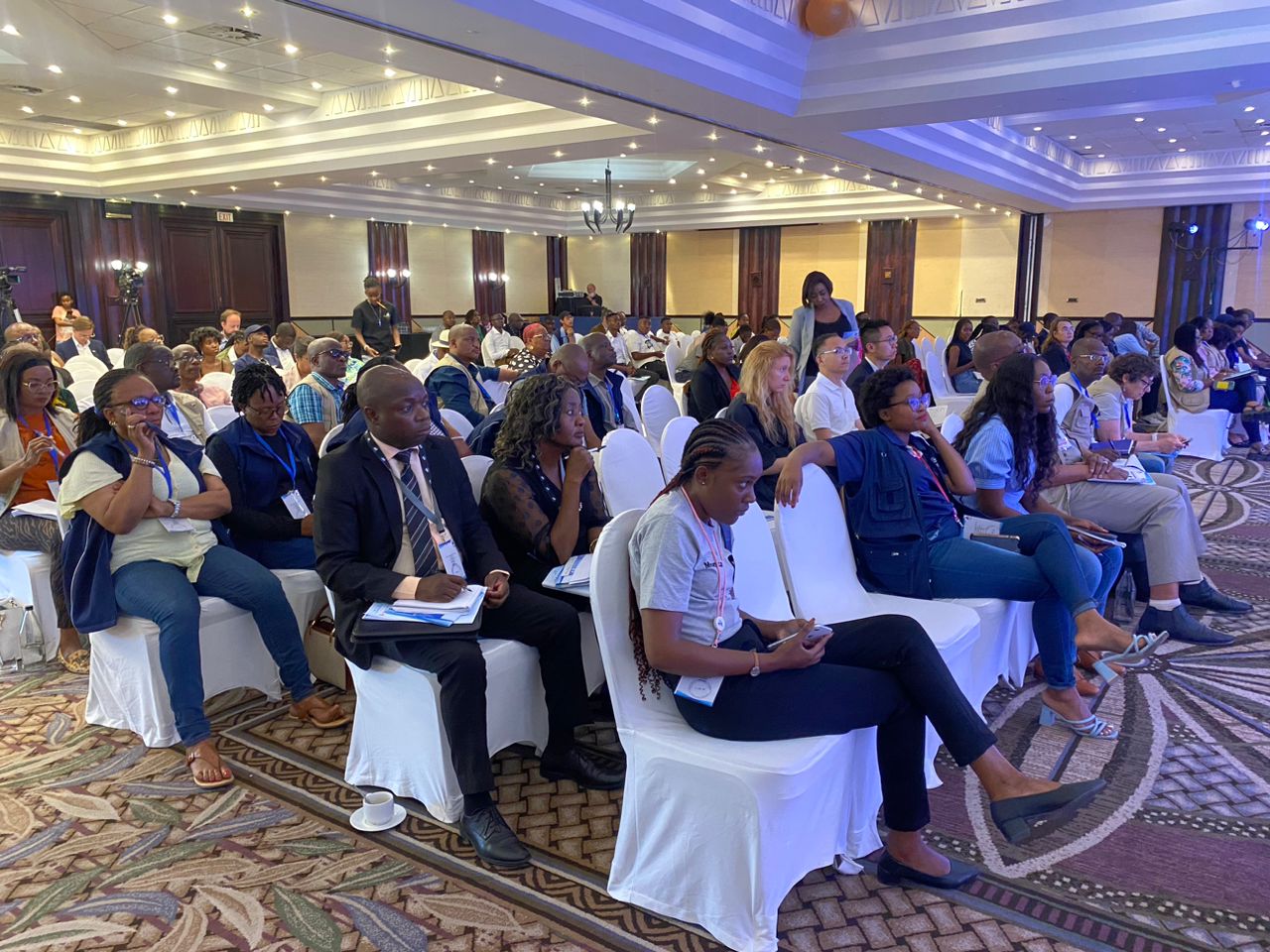The gay community is optimistic that the Namibian Constitution will prevail as the fate of the private member’s bills, introduced by Swapo lawmaker Jerry Ekandjo to prohibit gay marriages and criminalise homosexuality, hangs in uncertainty.
Ekandjo’s bills aim to define the term “spouse” and amend the Marriage Act of 1961 to block the recognition of same-sex marriages in Namibia, among others.
However, members of the lesbian, gay, bisexual, transgender, queer/questioning, intersex and other (LGBTQI+) community say the bills remain unconstitutional and cannot be passed in their current form as they aim for the alienation of a group of Namibians.
Out Right Namibia director Agapitus Hausiku says the fact that the bills were passed by parliament is incomprehensible.
“Even if it’s ascended and it becomes an act, we can challenge the legality of such an act on the basis that it violates the dignity of certain individuals in society. We are all hoping that the president doesn’t sign it, but should the political party who is behind this bill push for the signing of that bill, the community will take legal action,” Hausiku says.
Hausiku says he does not understand how attorney general Festus Mbandeka advised parliament on the passing of the bills.
In July last year, the National Assembly swiftly passed the private member’s bills with minimal amendments, garnering overwhelming support from both sides of the aisle.
The spouse bill, in particular, smoothly progressed through the committee stage without objection.

However, Ekandjo proposed an additional amendment clarifying the genetic distinction between men and women.
The marriage amendment bill defines marriage as a union between individuals of opposite sexes and prohibits same-sex marriage.
Subsequently, the bills were swiftly approved by the National Council and forwarded to the president for signing a few days later.
One of the bills further states that anyone who violates the law against same-sex marriage faces a fine of up to N$100 000 or up to six years in prison.
“The bills violate the Constitution and they (parliament) were supposed to be advised better,” Hausiku says.
In terms of the Constitution, the president is entitled to withhold his assent to a bill approved by the National Assembly if in his opinion such a bill would be in conflict with the provisions of the Constitution.
In such a scenario, the Constitution notes, the attorney general may then refer the matter to a competent court to decide if the bill is constitutional or not.
Legal Assistance Centre director Toni Hancox says the bills are “certainly unconstitutional”.
“We hope that it will not be signed. The attorney general has to look at the Constitution and not base it on his personal beliefs,” Hancox said.
Civil rights activist Omar van Reenen took to X to call out parliament for approving the bills despite their unconstitutionality.
“It’s ‘Constitution Day’ Namibia, and our @parliament_nam has [the] gall to platform the draft of Namibia’s most unconstitutional bill passed since independence – the anti-LGBTQI+ bill. A bill which will imprison activists, outlaw queer non-govermental organisations (NGOs) and fine businesses. What a shame!” Van Reenen wrote.
Van Reenen says the “Jerry Ekandjo and Swapo anti-LGBTQI+ bill” will likely only face scrutiny in the Supreme Court.
He cited article 25 of the Namibian Constitution, which states that any law or action that infringes upon fundamental rights shall be deemed invalid.

Last year, Ekandjo presented two bills in response to the Supreme Court’s directive to recognise same-sex marriages legally concluded outside Namibia.
The first bill aimed to redefine the term ‘spouse’ explicitly, referring to articles 81 and 4 of the Namibian Constitution to challenge the court’s decision.
The second bill focused on amending sections of the Marriage Act, including the definition of ‘marriage’, ‘same-sex marriage’, and ‘spouse’.
The bills seek to prohibit same-sex marriage and the solemnisation and recognition of such marriages.
President Hage Geingob had also said the anti-same-sex marriage bills put forward by Ekandjo lacked proper consultation with Swapo.
The Supreme Court last year ruled against the home affairs ministry’s refusal to recognise spouses in two same-sex marriages validly concluded outside Namibia for immigration purposes, in terms of the Immigration Control Act of 1993.
The court found that the ministry’s stance infringed on the rights to dignity and equality under Namibian law of two foreign nationals in same-sex marriages with Namibian citizens.
Following the court ruling, Ekandjo introduced a motion in parliament rejecting the ruling, claiming he did not go to prison on Robben Island to promote homosexuality in Namibia.
When asked about the status of the bills, Geingob’s spokesperson Alfredo Hengari said, “Please wait. We will answer at the right time”.
Stay informed with The Namibian – your source for credible journalism. Get in-depth reporting and opinions for
only N$85 a month. Invest in journalism, invest in democracy –
Subscribe Now!






